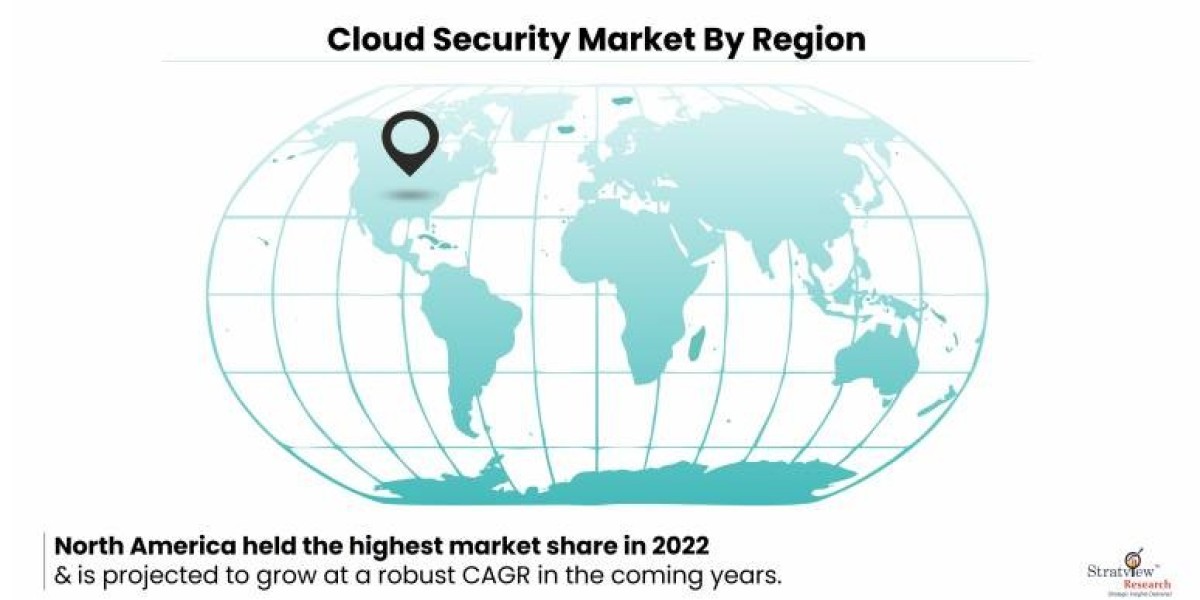In the era of digital transformation, organizations are increasingly relying on cloud computing to store, process, and manage their data. Cloud services offer unparalleled scalability, cost-efficiency, and accessibility, making them an attractive option for businesses of all sizes. However, this transition to the cloud brings with it a host of regulatory challenges, especially concerning data privacy and security. In this article, we will explore the critical role of cloud security in ensuring compliance with data regulations. The cloud security market is projected to grow from USD 39.03 billion in 2022 to USD 84.77 billion by 2028 at a CAGR of 13.70% during the forecast period.
Data Regulations and Compliance: A Growing Concern
As data breaches and cyber-attacks become more frequent and sophisticated, governments and regulatory bodies worldwide have introduced stringent data protection laws and regulations. Examples include the General Data Protection Regulation (GDPR) in Europe, the California Consumer Privacy Act (CCPA) in the United States, and the Personal Data Protection Bill in India. These laws are designed to protect the personal and sensitive information of individuals and impose severe penalties for non-compliance.
The responsibility of safeguarding sensitive data falls on the organizations that collect, process, and store it. With the adoption of cloud computing, businesses must ensure that their chosen cloud service providers (CSPs) adhere to the same standards of data security and privacy as they do.
Understanding Cloud Security
Cloud security encompasses a range of measures and practices aimed at protecting data and applications hosted on cloud platforms. It addresses potential vulnerabilities in cloud infrastructure, data storage, network connections, and user access. Cloud security is a shared responsibility between the CSP and the client, and the division of responsibilities should be clearly defined in the Service Level Agreement (SLA).
The Crucial Role of Cloud Security in Compliance
Data Encryption and Access Control: Cloud security protocols often include data encryption, both in transit and at rest. This ensures that even if unauthorized access occurs, the data remains unreadable and unusable. Access control mechanisms, such as multi-factor authentication, are vital in limiting access to authorized personnel only.
Data Location and Residency: Some data regulations mandate that certain types of data must be stored within specific geographical boundaries. Cloud providers with global data centers must ensure compliance with these requirements, and businesses must carefully choose a CSP that meets their data residency needs.
Auditing and Monitoring: To comply with data regulations, businesses must have visibility into their data and how it is being handled. Cloud security solutions often offer extensive auditing and monitoring capabilities, enabling organizations to track data access, changes, and suspicious activities.
Incident Response and Reporting: In the unfortunate event of a data breach or security incident, quick and efficient incident response is crucial. Cloud security measures include incident response protocols and reporting mechanisms to notify affected parties promptly.
Data Backups and Recovery: Data regulations may also require organizations to maintain data backups and implement disaster recovery plans. Cloud service providers often offer robust backup and recovery solutions that ensure data integrity and availability even during unforeseen events.
Vendor Compliance: Cloud providers must adhere to various industry-specific compliance standards, such as ISO 27001, SOC 2, and HIPAA. Partnering with a compliant CSP eases the burden of compliance for organizations, as they can leverage the provider's certified infrastructure.
Conclusion
As businesses continue to embrace cloud computing, ensuring compliance with data regulations becomes an indispensable part of their operations. Cloud security plays a pivotal role in meeting these compliance requirements by implementing robust measures to protect sensitive data, track access, and respond to security incidents effectively. Organizations must conduct thorough due diligence when selecting a cloud service provider to guarantee that their data remains safe and that they can navigate the complex landscape of data regulations with confidence. Embracing cloud security not only protects businesses from potential legal consequences but also instills trust and confidence among their customers, fostering long-term relationships and sustainable growth in the digital age.



